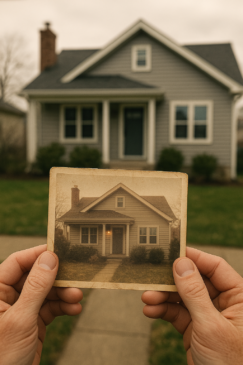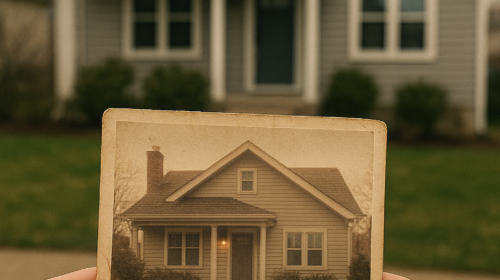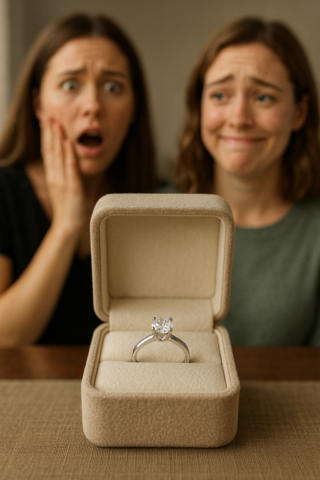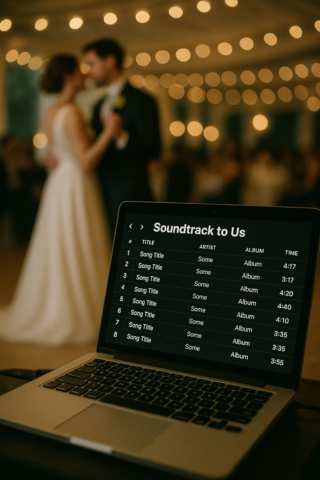I still remember the creak of the stairs, the way sunlight spilled into the kitchen on summer mornings, and the smell of my dad’s Sunday pancakes. My childhood home wasn’t just a building—it was where my memories lived.
So when I learned it had gone on the market, I couldn’t help but imagine buying it back someday. I didn’t have the money at the time, but the thought was comforting, like knowing an old friend was still out there.
Then, one afternoon, I got a text from my old neighbor that shattered that quiet hope.
“Did you know Rachel bought your old house?”
Rachel—my former best friend.
The First Reaction
At first, I was stunned. We hadn’t spoken in years after a falling out, but she knew how much that house meant to me. When we were close, I’d told her countless stories about growing up there. She’d even spent time in the house herself during sleepovers and family barbecues.
I figured maybe she bought it because she loved it too. But then my neighbor added:
“She’s already renting it out to strangers.”
Why It Hurt
It wasn’t that she bought it—real estate is business, after all. It was that she didn’t even tell me. She knew I had an emotional connection to that house, yet I had to hear about it from someone else.
And turning it into a rental? That stung even more. The rooms where I learned to walk, where my parents decorated the Christmas tree, where I whispered secrets to friends at sleepovers—now they’d just be temporary stops for people passing through.

Reaching Out
I debated whether to contact her. Part of me wanted to let it go—after all, we weren’t friends anymore. But curiosity and hurt got the better of me.
I sent a short message: “I heard you bought my old house. Congrats, I guess. Wish you’d told me.”
Her reply came quickly: “Yeah, I did. It’s a great investment property. Didn’t think you’d care since you don’t live here anymore.”
The Conversation That Never Happened
That single line told me everything I needed to know. She saw the house as an investment, nothing more. And she assumed my attachment had faded just because I no longer had the keys.
There was no acknowledgment of how I might feel, no hint of the shared memories we’d once had in that space.
The Drive-By
A few weeks later, I happened to be in the area and drove past the house. The garden my mom had planted was gone, replaced with gravel. The bright blue shutters were painted a dull gray. There was a rental sign in the yard.
It didn’t feel like home anymore—and maybe that was the hardest part. The version of the house I loved existed only in my memory now.
Lessons Learned
That experience taught me something important about attachment: once you let go of a place, it may take on a life you don’t recognize. And people—especially those who don’t share your emotional history—will see it differently.
It also reminded me that sometimes closure isn’t about getting the outcome you want—it’s about accepting that the chapter has ended.
Moving Forward
I haven’t spoken to Rachel since that brief exchange. There’s no animosity now—just distance. I keep my memories of the house in my heart, separate from the reality of what it’s become.
And maybe that’s okay. Not all places are meant to stay frozen in time, no matter how much we wish they could.
Final Thought
Houses hold our memories, but they don’t hold our ownership over those memories. Even if the building changes hands—or changes completely—what it meant to you is yours forever.



